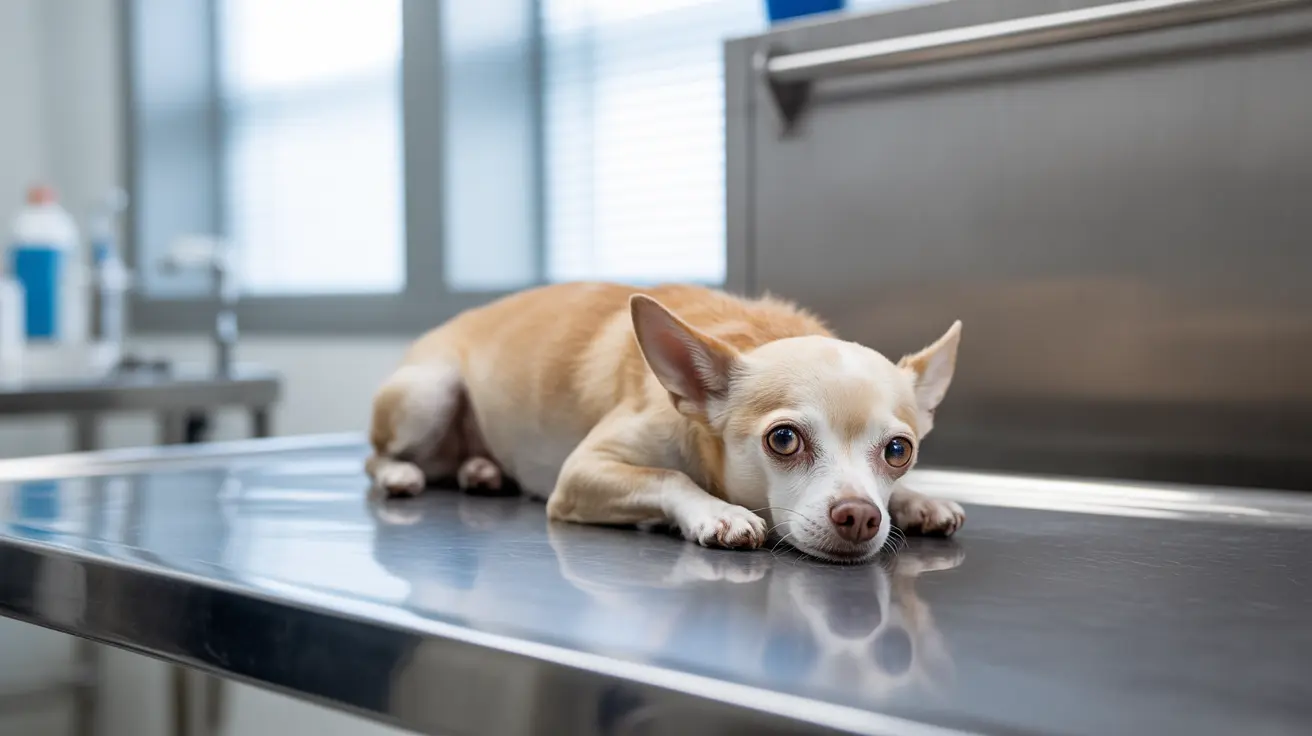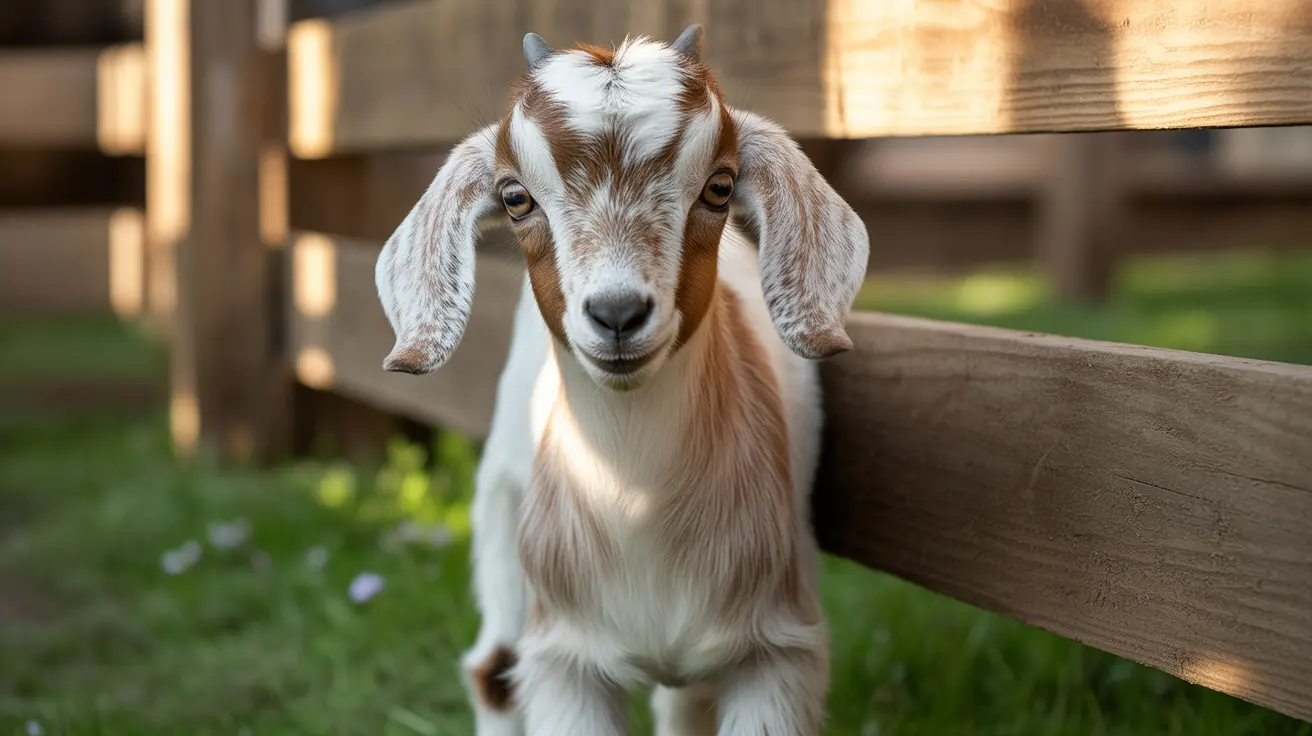Understanding Which Foods Are Toxic to Dogs
When it comes to caring for our canine companions, dietary safety is paramount. While sharing food with dogs can be tempting, many common foods we enjoy can be toxic or harmful to them. This article focuses on toxic foods for dogs, with a special emphasis on cheese and dairy products.
Why Some Foods Are Harmful to Dogs
Dogs metabolize certain substances differently from humans, which can make some foods that are safe for us dangerous or even deadly to them. Symptoms of ingestion may range from mild digestive upset to severe illness or life-threatening conditions.
Cheese: A Gray Area in Dog Nutrition
Cheese is one such item that straddles the line between acceptable and hazardous. In moderation and when plain, many cheeses are safe. However, there are critical exceptions that dog owners must be aware of.
- Safe in small amounts: Plain mozzarella, cottage cheese, cheddar, Edam, Gouda, Swiss, and Red Leicester.
- Preferred options: Cottage cheese and mozzarella due to lower levels of fat and lactose.
- Feeding method: Small cubes or shreds as occasional treats, not exceeding 10% of daily caloric intake.
Toxic Cheeses and Ingredients to Avoid
Certain cheeses and cheese products contain ingredients or compounds that are toxic to dogs. These should never be included in a dog’s diet.
- Blue cheese: Varieties such as Roquefort, Gorgonzola, Stilton, Danish Blue, and Cabrales contain roquefortine C, a compound that can cause vomiting, diarrhea, fever, and seizures.
- Flavored cheeses: Avoid cheeses with added onion, garlic, chives, nuts, herbs, or fruit. These additives may be highly toxic, especially allium family members like onions and garlic.
- Cream cheese with additives: Plain cream cheese may be acceptable in moderation, but avoid flavored kinds.
- Highly processed cheeses: Cheese-flavored snacks or imitation cheese products often contain artificial additives and salt, which are problematic for dogs.
Lactose Intolerance in Dogs
Just like humans, many dogs become lactose intolerant as they age. This can make digesting dairy products, including cheese, troublesome.
Signs of lactose intolerance include:
- Vomiting
- Diarrhea
- Bloating
- Gas
- Stomach pain or discomfort
If your dog shows any of these signs after eating cheese, remove dairy from their diet and consult a veterinarian.
Dogs That Should Never Eat Cheese
Even if a cheese is considered dog-friendly, some dogs should avoid it entirely due to pre-existing health conditions. These include:
- Dogs with pancreatitis: Fat in cheese can trigger flare-ups.
- Overweight or obese dogs: High fat and calorie content contribute to weight gain.
- Dogs with kidney disease or food sensitivities: Salt and dairy can exacerbate symptoms.
- Dogs on special diets: Consult with a vet before adding cheese.
Cheese as a High-Value Reward
Used properly, certain cheeses can be employed as training rewards. Their rich flavor makes them attractive to dogs.
- Cut into small pieces for training sessions.
- Use low-fat, low-salt options like cottage cheese.
- A smear of plain cream cheese in a toy can provide enrichment and stress relief.
Using Cheese to Hide Medication
Some dog owners use cheese to conceal pills. While generally effective, caution is necessary because certain medications interact with calcium in dairy. Consult a vet before using this method.
What to Do If Your Dog Eats Blue Cheese
If your dog accidentally consumes blue cheese or any cheese containing toxic additives:
- Watch closely for symptoms such as vomiting, diarrhea, tremors, or fever.
- Contact your veterinarian immediately.
- Provide the vet with the type and quantity of cheese consumed.
Summary: Keeping Cheese and Other Foods Safe for Dogs
Being aware of what foods are dangerous to dogs is part of responsible pet ownership. While cheese can be a delicious and effective treat in small amounts, it must be chosen and served with care.
To ensure your dog’s safety:
- Only offer small portions of safe, plain cheeses.
- Avoid all blue cheeses and any flavored or processed varieties.
- Monitor your dog for adverse effects and consult your vet if unsure.
Education is your best defense against accidental poisoning. Always double-check before introducing new human foods into your dog’s diet.





